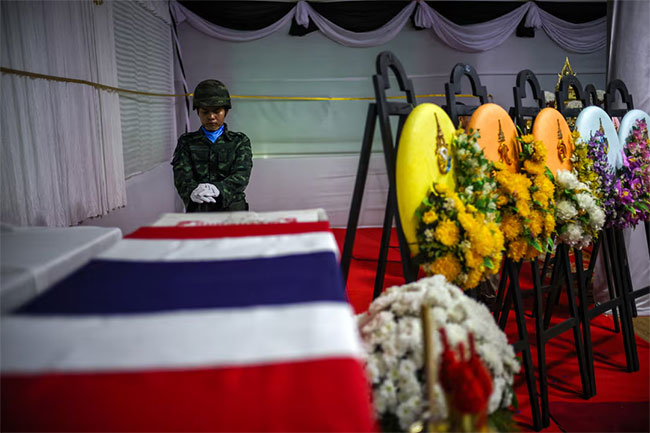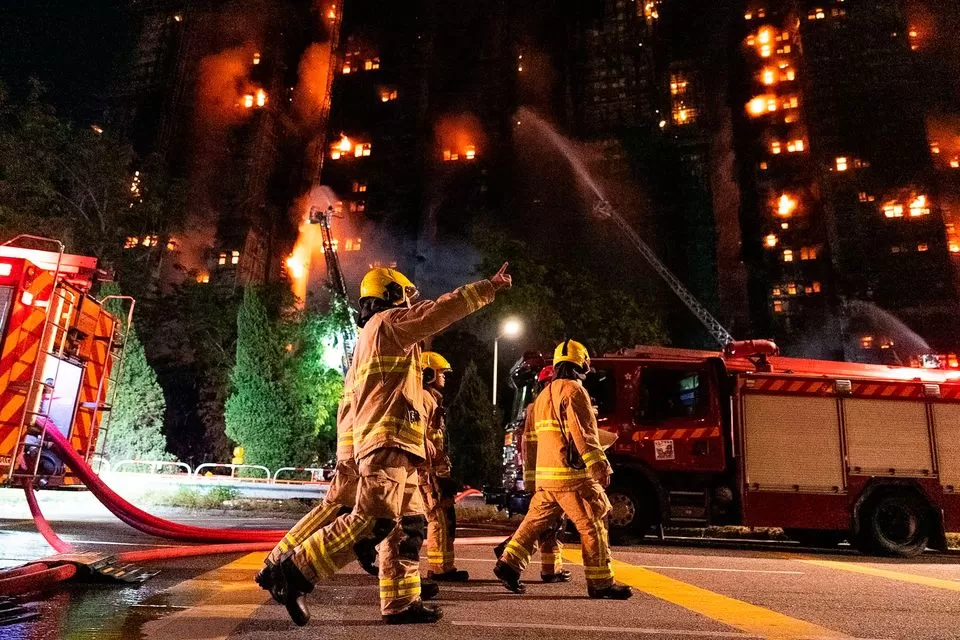Lionel Messi’s tour of India kicked off chaotically on Saturday as fans threw objects, ripped up seats and invaded the pitch at Kolkata’s Salt Lake stadium after the soccer great made only a brief appearance at a ticketed event

Messi's event in kolkata became a mess
2025-12-14
Sports

36 major reservoirs across Sri Lanka continue to spill - Irrigation Dept
2025-12-13
General

Govt plans compensation or land allocation for people in landslide-hit areas
2025-12-13
Politics

Thailand vows to keep fighting Cambodia, despite Trump s ceasefire claim
2025-12-13
Politics

Ministry urges public to avoid sharing details of disaster-affected children
2025-12-13
General











